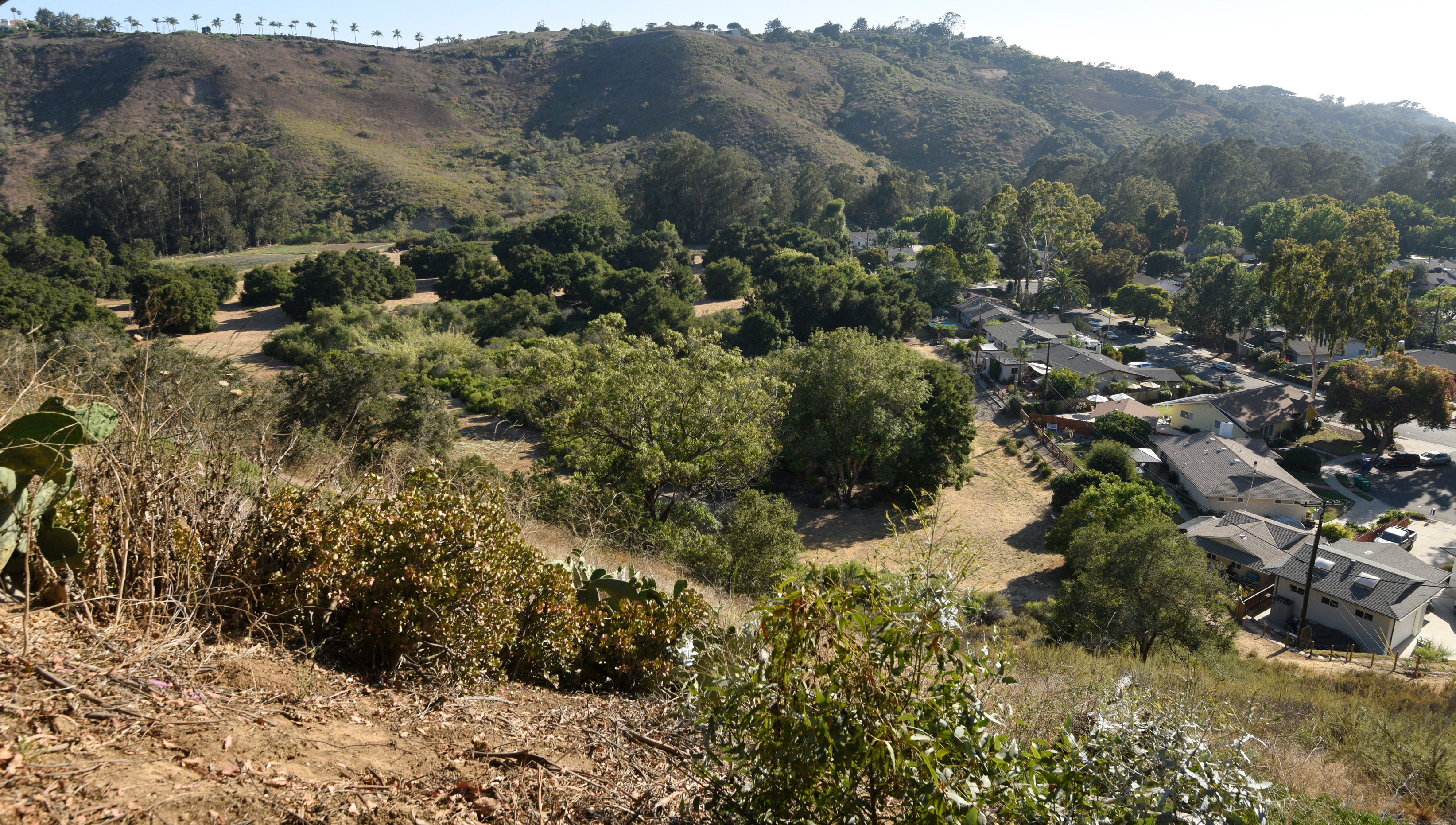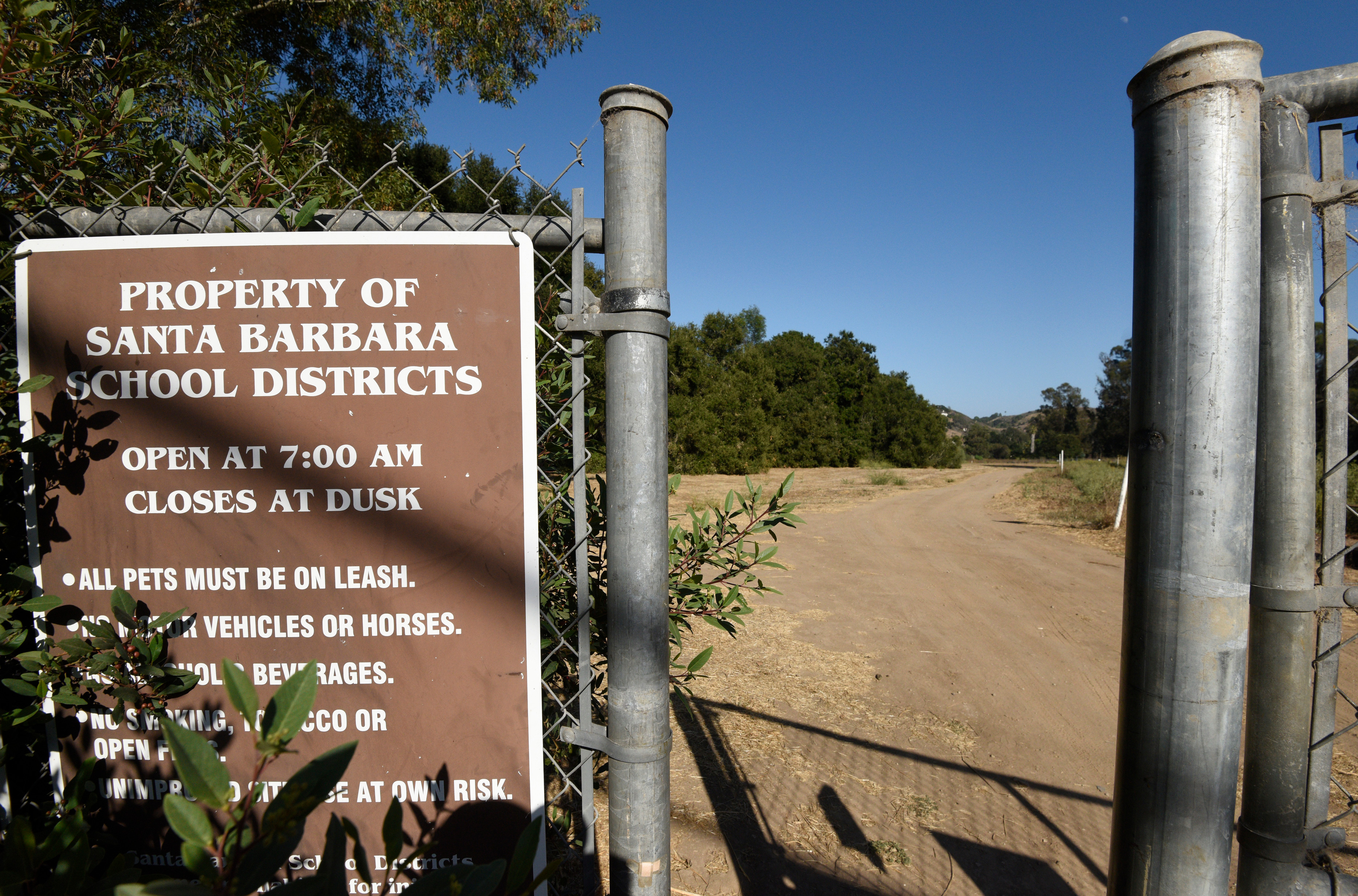Hidden Valley for Outdoor Ed?
School District Mulls Teaching Sustainable Agriculture, Animal Husbandry

The growing popularity of outdoor classrooms will mesh with Santa Barbara Unified School District’s highly successful Food Services program on a 12-acre property in the Hidden Valley neighborhood, near Modoc Road. At least that’s the idea, and its conceptual phase was officially floated for discussion during a Board of Education meeting late last month. Dubbed the Hidden Valley Project, the district’s plan is to use the now-undeveloped land to partially supply fresh fruit and veggies to school cafeterias as kids learn firsthand about farming, animal husbandry, and the related givens of sustainable agriculture and outdoor education in general.
“[Food Services Director] Nancy Weiss really dreams about turning this into a teaching farm,” said Superintendent Cary Matsuoka. “She already [has] ideas about how to partner with our organic farming community.” At this stage, the district is exploring some of the minimum requirements to pull off such an operation, including water, sewer, electricity, and any structures needed. The district has set aside $110,000 to get started on a conceptual design and a pilot-sized rollout.

“I’m really excited about outdoor classrooms,” said Boardmember Ismael Ulloa, “especially for those [students] who aren’t able to learn in regimented, enclosed [classrooms].” He added that outdoor learning sites can be very helpful in developing creative, out-of-the-box approaches in the instruction of math, engineering, and biology, for example. Plus, added Boardmember Laura Capps, the project could benefit tremendously from Santa Barbara’s year-round growing climate, robust agricultural economy, and sizable culinary job market. “So many conditions line up for this to be a smart way to go,” she said.
Several years ago, the district sought to build employee housing on the site, but “that was not very popular with the neighbors,” said former city planning commissioner Judy Orias, who has lived in Hidden Valley since 1958. That push died in part, she added, because the district could not guarantee that it would rent solely to its employees; at the same time, projected traffic issues plagued the concept. “My concern is not having any more heavy traffic in the area,” Orias said, adding that at first glance the district’s farm concept seemed like a good idea.


